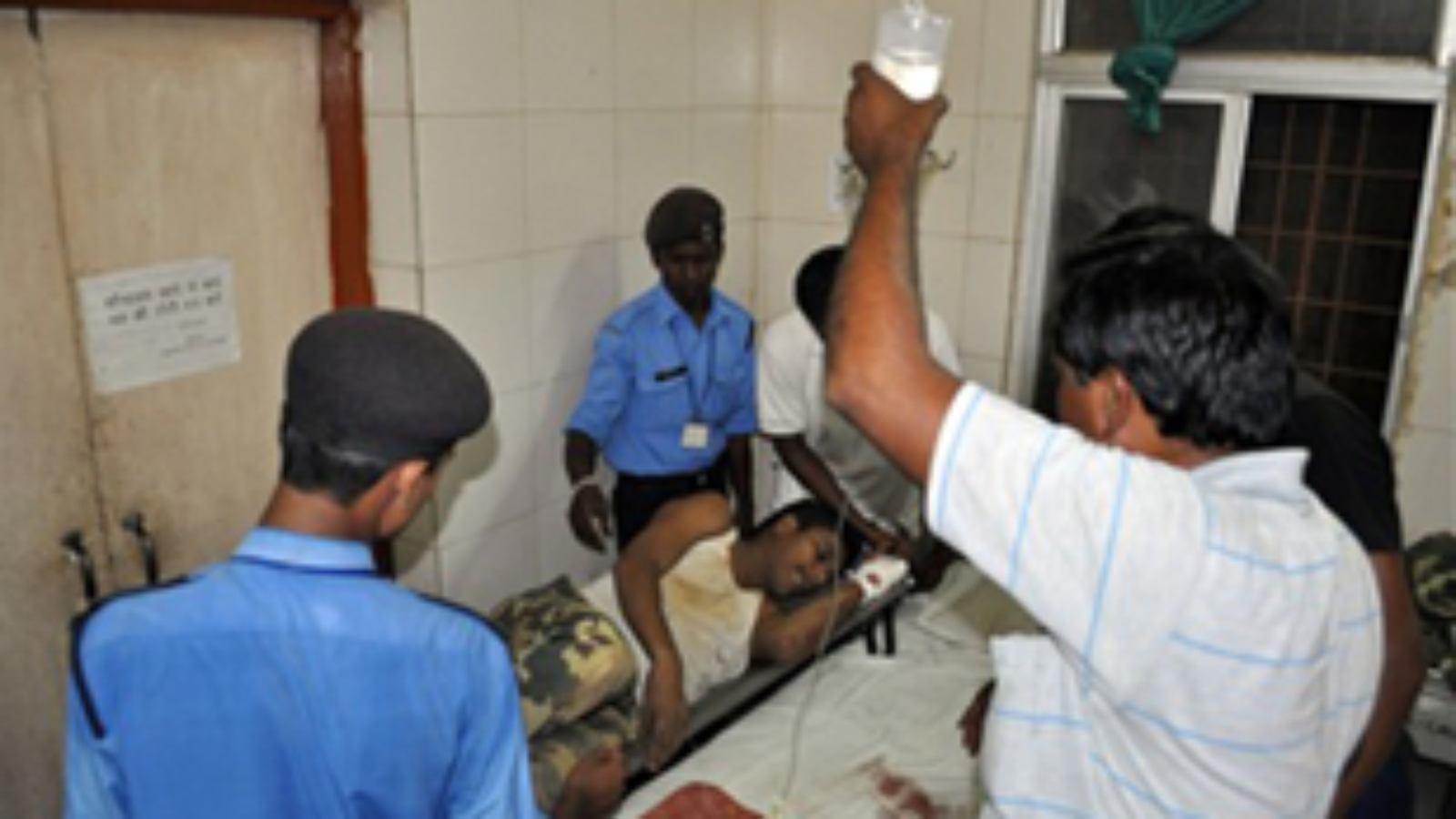Indian Maoists killed 26 police officers returning home from a road-opening ceremony. The ambush is the latest in a string of attacks by the insurgents, who have killed over 100 policemen in the past the three months. Indian officials previously insisted the military did not need to be dispatched to protect against the Maoist rebels, though this becomes an increasingly difficult position to defend with every death. –Seth Walder
WPJ’s Summer issue, on newsstands next week, features an investigation into this proxy war in India’s interior.
China and Taiwan have signed the Economic Co-operation Framework Agreement, a historic trade agreement easing 60 years of economic and political hostility between the two countries. Under the agreement, hundreds of restrictive tariffs would be lowered on Taiwanese products sold in China. “Signing this agreement is… a huge step forward for the two amid the trend of regional economic integration and globalization,” said Chiang Pin-kung, the leader of the Taiwanese delegation. While Taiwan sees it as a financial means to expanding its economic sector in East Asia, China views it as the first step towards Taiwanese reunification with China. Many Taiwanese are not pleased with Chinese motivations, and some local Taiwanese politicians have threatened to use this pact to undermine the government in the next election.
The Economist delves into the advantages and disadvantages of the agreement in “Know Your Customer,” an editorial exploring Chinese motivations and Taiwanese hesitations. –Yaffa Fredrick
In what may come to be known as East Africa’s NAFTA, Kenya, Uganda, Tanzania, Burundi, and Rwanda yesterday launched the Common Market Protocol, part of a bigger easing of borders (effects on pastoralists covered on the INDEX yesterday as well) that allows for much freer movement of people and products among the countries. The agreement will have diverse effects on its signatories, and is raising concerns that the less prosperous ones, particularly Tanzania and Rwanda, will be used as “dumping grounds” for the factories and outsourced labor of more established firms from neighboring and richer Kenya, which will in turn be able to undercut the prices of domestic businesses. –David Black
Three days ago, the Guinean presidential elections were running so smoothly they sounded almost too good to be true. And they were. Seventeen of the 24 candidates have accused their competitors of ballot stuffing. The Guinean Electoral Commission and international observers have acknowledged minor glitches but continue to be satisfied with the elections overall. An announcement of the results was expected yesterday, but the Guinean Supreme Court added two days to the timetable. That means results on Friday, but don’t expect anything too conclusive since there will probably have to be a runoff election later this month. –Caroline Soussloff
The South African government says it is giving mining firms a second chance to meet mandated levels of black ownership and worker training. The effort to increase diversity and empowerment in the workplace, a trend that moved across the country’s business world at a glacial in the post-Apartheid years, has recently accelerated. “Stakeholders have agreed to conduct skills audits and to assess institutional and organisational absorptive capacity by no later than September 2010 and to invest a certain percentage of annual payroll in skills development,” Mineral Resources Minister Susan Shabangu said. The government ‘wishes to see’ historically disadvantaged citizens increase their ownership in the country’s mining industry from just under nine to at least 26 percent by 2014. –David Black
A regional representative in Botswana has proposed a radical new approach to HIV testing–making it mandatory for both parties to be tested prior to marriage. Representative Boiditswe, who brought the measure forward, said many couples wait until after they are married to be tested, and if “one of the partners is positive, the marriage collapses.” Opponents of the idea say that it is a violation of privacy and will be ineffective because it does not promote couples communicating the truth on their own–the ultimate goal. –Seth Walder
A month ago, there was an oil spill in Singapore; just days ago, there was one in the Red Sea. Peru, Venezuela and Nigeria are awash in environmental disasters caused by extraction. Of course, there’s also the Gulf Coast, but the world is rife with under reported oil spills. via Global Voices –Caroline Soussloff
